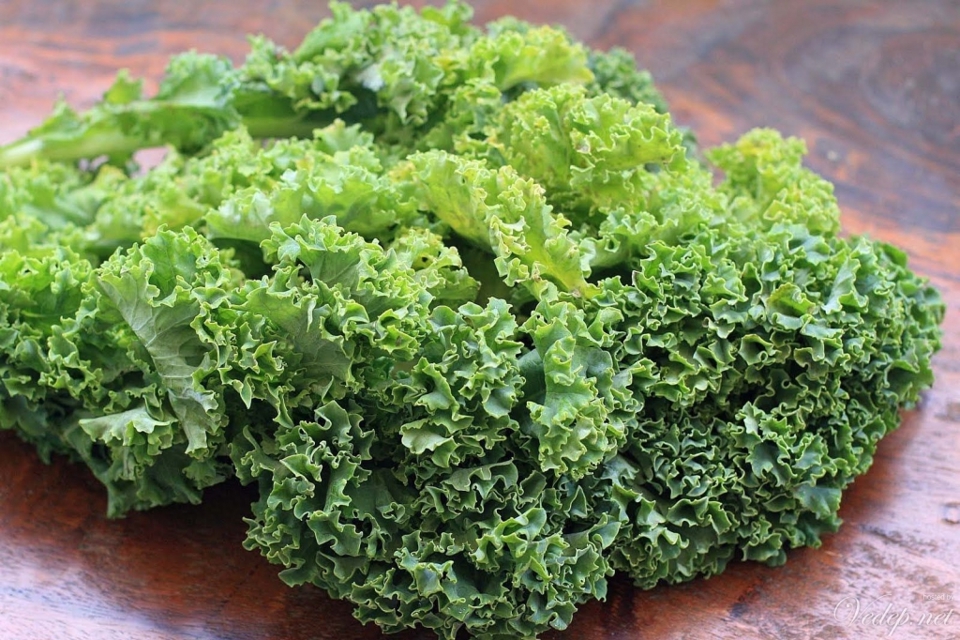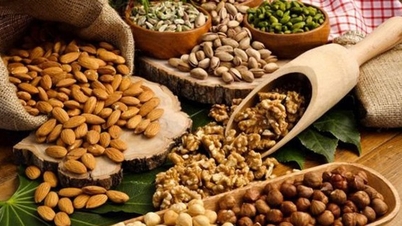According to a new study, 100g of kale provides about 250mg of calcium, far exceeding the 110mg of milk and 50mg of eggs.

Calcium, an essential mineral, not only helps build strong bones and teeth, but also ensures normal nerve function and blood clotting. With a high calcium content, kale is a good source of calcium for the body.
In addition, kale also contains many other important vitamins and minerals such as vitamins A, K, C, B6, manganese, copper, potassium, magnesium, and iron, which help strengthen the immune system and prevent the formation of malignant tumors.
Not to mention, kale also contains powerful antioxidants like quercetin and kaempferol, which help control free radical damage, protecting the body from many chronic diseases and aging.
For pregnant women and children, kale provides enough calcium for bone development and stable growth. Moreover, vitamin K in kale supports the circulatory system, ensuring abundant blood flow to nourish the fetus and develop bones.
With its outstanding nutritional and health benefits, kale has become an indispensable part of many people's diet. It can be processed into many delicious dishes such as juice, salad, stir-fry, steam, or used as a crispy grilled snack.
However, to get the most out of its nutrients, kale should be eaten raw or cooked at low temperatures. At the same time, combining kale with other vegetables and foods will bring diverse and balanced benefits to the body.
Above all, kale consumption should be tailored to each person's specific health condition, and a doctor should be consulted for those with specific health problems.
Source: https://kinhtedothi.vn/cai-xoan-co-ham-luong-canxi-gap-5-lan-trung.html


![[Photo] National Assembly Chairman Tran Thanh Man attends the VinFuture 2025 Award Ceremony](/_next/image?url=https%3A%2F%2Fvphoto.vietnam.vn%2Fthumb%2F1200x675%2Fvietnam%2Fresource%2FIMAGE%2F2025%2F12%2F05%2F1764951162416_2628509768338816493-6995-jpg.webp&w=3840&q=75)




![[Photo] 60th Anniversary of the Founding of the Vietnam Association of Photographic Artists](/_next/image?url=https%3A%2F%2Fvphoto.vietnam.vn%2Fthumb%2F1200x675%2Fvietnam%2Fresource%2FIMAGE%2F2025%2F12%2F05%2F1764935864512_a1-bnd-0841-9740-jpg.webp&w=3840&q=75)














![[Video] Dong Do Hospital celebrates 15 years of operation](https://vphoto.vietnam.vn/thumb/402x226/vietnam/resource/IMAGE/2025/12/06/1764980267666_img-2287-5359-png.webp)




























































































Comment (0)